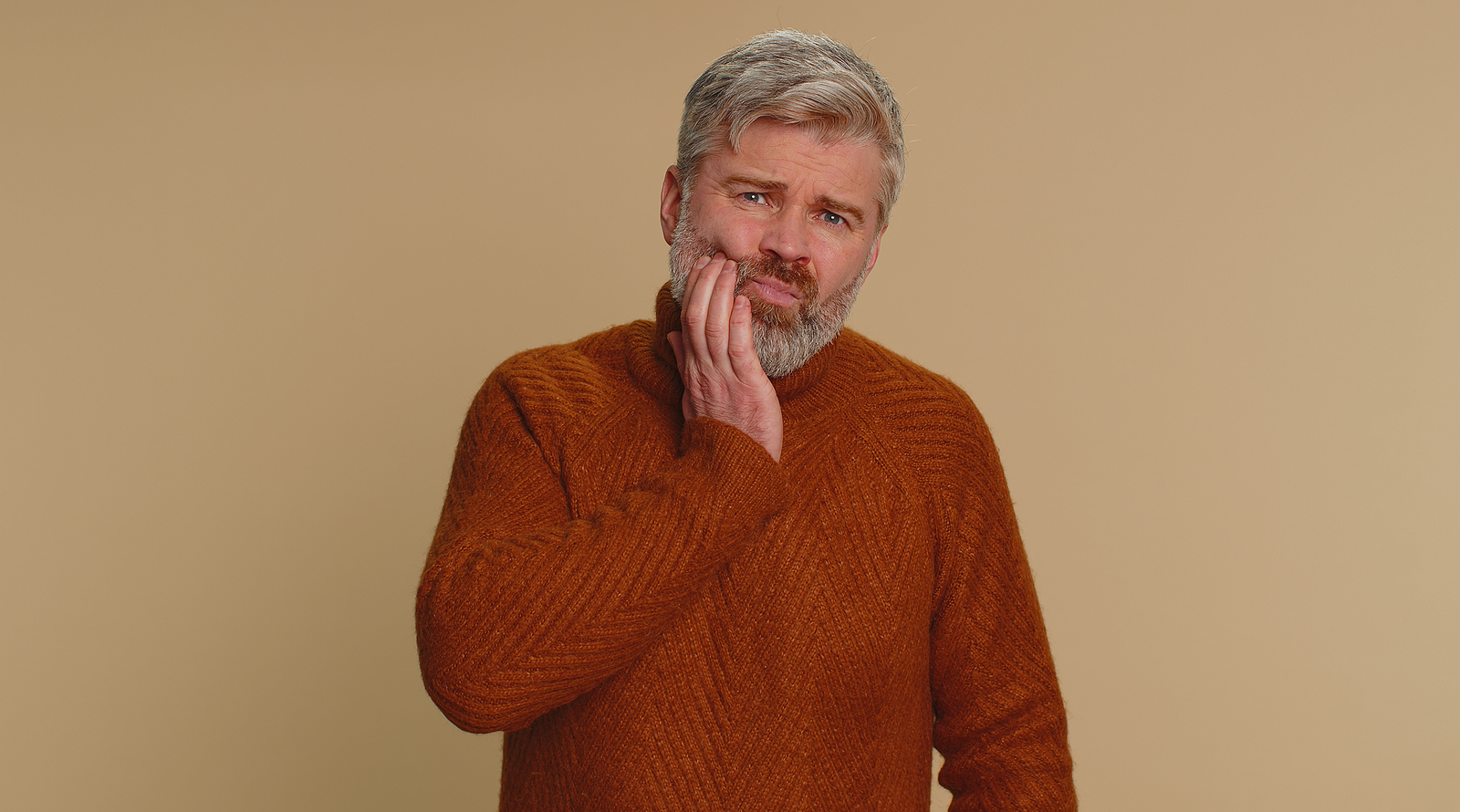
Bad Habits That Can Affect Your Teeth
Nail biting, using teeth as tools, chewing ice cubes, frequent snacking, thumb sucking, teeth grinding, and brushing too hard can cause damage to your teeth. While some habits can affect your oral and overall health, others only cause cosmetic damage. Here are some bad dental habits that can cause damage to the teeth and mouth.
Nail Biting
Nail biting is a no-no for many reasons. Not only can it cause physical trauma to the teeth, but it can also spread germs from the fingers to your mouth. This leads to all manner of oral and mouth problems.
The habit can also weaken your tooth enamel and cause excessive wear on the tooth’s surfaces. This can lead to the eventual development of cavities or chips and cracks. If nail biting is severe enough, this could cause the teeth to loosen and even fall out. In extreme cases, patients can suffer jaw pain or even break their teeth by gnawing on them too aggressively.
The best thing to do is quit the habit before it becomes a full-on problem. Talk to your dentist about other ways to keep your hands busy if you find yourself with the urge to bite your nails. Try using a stress ball or other item instead.
Chewing Ice Cubes
Ice cubes are refreshing and can help to freshen your breath. However, they are extremely bad for your teeth! They can cause a lot of damage and can fracture your teeth easily. Chewing ice can also cause chipped or cracked teeth or even broken fillings or crowns. If you suffer from sensitive teeth, avoid chewing on ice altogether because even the act of chewing can damage the protective enamel on your teeth. Instead, enjoy a cold beverage without the ice or use crushed ice in your drink instead of whole ice cubes.
Frequent Snacking
When you snack, you consume more sugar than you normally would at mealtimes. And the more you snack, the more your teeth are exposed to acid and sugar. Over time, this damages the enamel and can lead to tooth sensitivity or decay. Try to eat three balanced meals and limit your intake of snacks in between. If you’re craving something sweet, eat a piece of fruit instead. At your next appointment, we’ll provide you with tips to protect your teeth from damage and reduce the effects of acids on your oral health!
Teeth-grinding
Teeth grinding can be caused by stress, anxiety, or even sleep disorders like snoring and sleep apnea. It can happen during the day or at night. If you experience any of these symptoms, contact us to set up an appointment today. Your dentist may recommend a night guard to protect your teeth while you sleep. A night guard is a protective mouthpiece worn over the teeth. It will help prevent the teeth from touching each other, which will reduce and even stop the grinding action. Occasional teeth grinding is not harmful. However, frequent teeth grinding can cause permanent damage, such as tooth erosion and TMD. It can also contribute to headaches, earaches, facial pain, and more. If you notice that your spouse is constantly waking up because of you, see your dentist for a solution as soon as possible!
Thumb Sucking
Thumb sucking is a common practice among babies and small children. However, it’s essential that your child stops this habit once they’ve reached a certain age. If thumb sucking continues until adulthood or occurs as a subconscious habit while concentrating or sleeping, it could create major problems for both your oral health and overall well-being.
It’s common for individuals who continue to suck their thumbs as grownups to experience a number of painful side effects. From TMJ disorders to tooth misalignment, there’s no good side to thumb sucking as an adult.
If you’re having trouble quitting your thumb-sucking addiction, talk to our team. We can recommend ways that you can break the habit. Generally, you can substitute your natural urge to suck your thumb with a stress ball or other object.
Brushing Too Hard
Brushing your teeth too hard can result in gum recession, tooth sensitivity, enamel erosion, and even broken teeth. Too much force on the teeth and gums can cause gums to recede and the roots of the teeth to become exposed. Over time, this can lead to painful sensitivity and require a costly repair such as a root canal or dental crown. Using a soft-bristled toothbrush and gentle pressure is the best way to brush for optimal oral health. If you experience discomfort while brushing, first check to make sure that you are using a soft-bristled toothbrush. If the discomfort continues, speak with your dentist about changing your technique.
Please reach out to our dental practice at 17952 SW Blanton St, Aloha, OR 97078, to schedule a consultation with Dr. Bronitsky. Call us at (503) 649-5665 or schedule an online consultation. We can't wait to see you soon and help you have a great holiday season with a beautiful and healthy mouth!
Office Hours
MON - TUE8:00 am - 5:00 pm
WED7:00 am - 4:00 pm
THU8:00 am - 5:00 pm
FRIBy appointments only
SAT - SUNClosed






comments